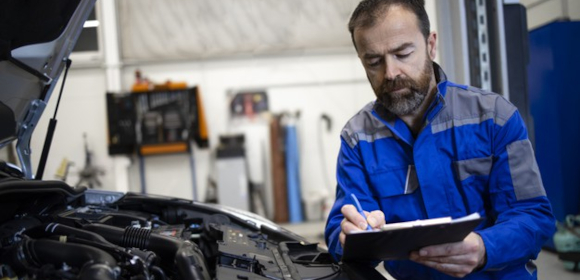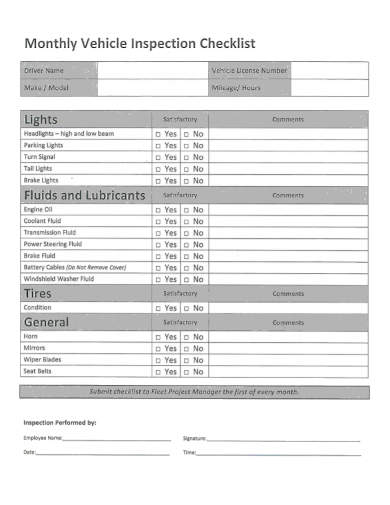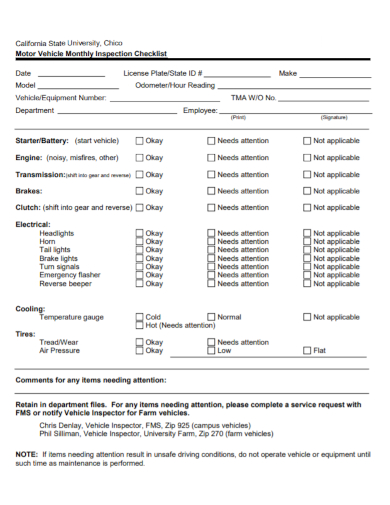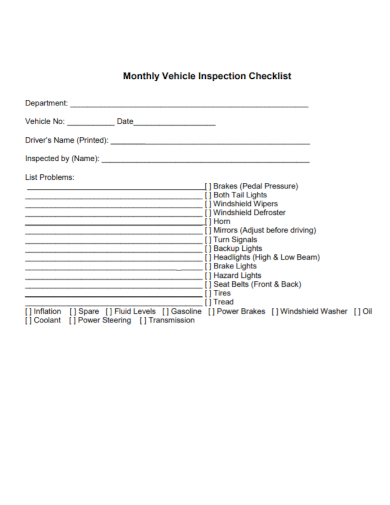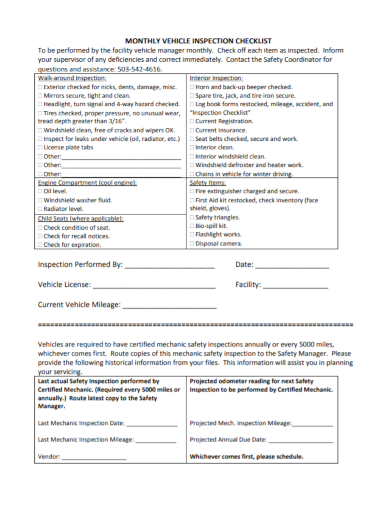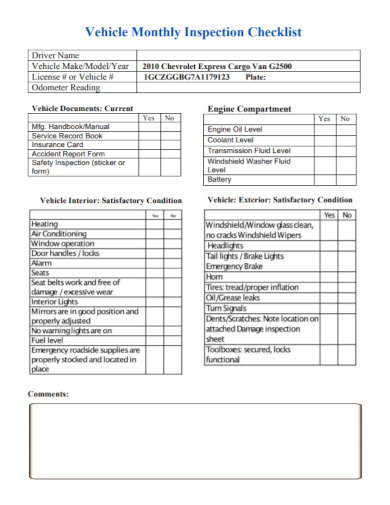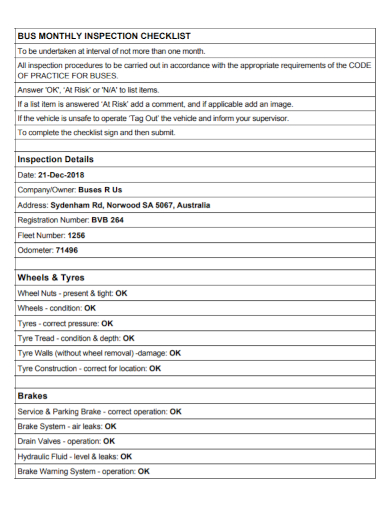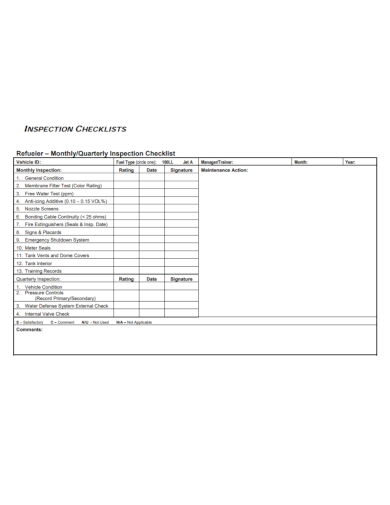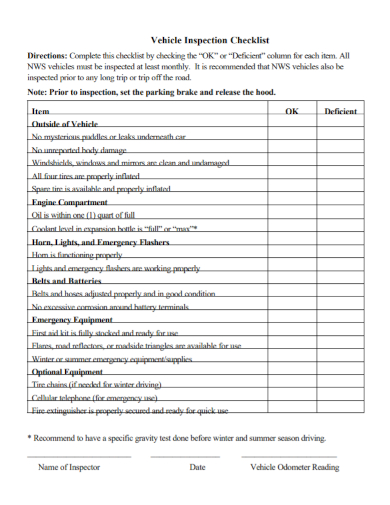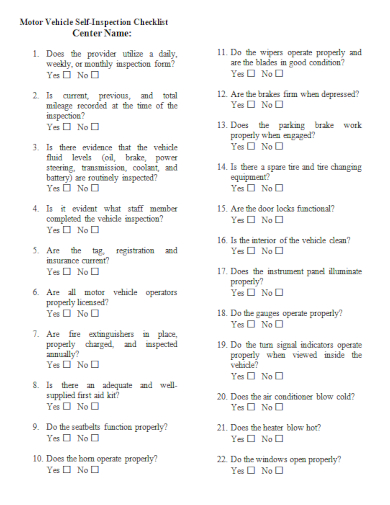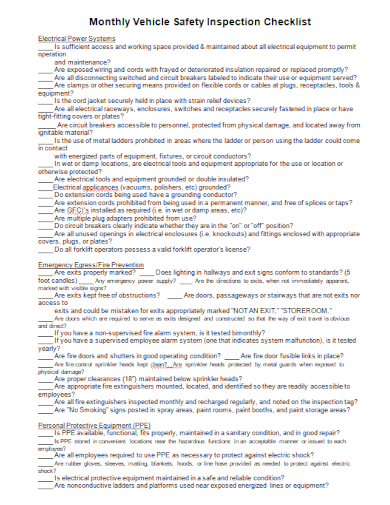According to statistics, around 38,000 people die every year from car crashes alone, and an estimated 4.4 million individuals who are injured enough to require immediate medical attention. Speeding, distracted driving, substance abuse, these are only some of the leading causes of fatal car accidents in the US each year. But there is one factor that seems to be overlooked quite often. Vehicle malfunctions. When a car is poorly maintained, a driver is more susceptible to not only even bigger problems, but has also a higher chance of being involved in a fatal car accident.
Owning a vehicle is a huge responsibility in of itself. It’s not just about driving safely along the road, it’s also about keeping your car in tiptop shape, well and properly maintained. A car that remains in good shape ensures that the owner is not left with a car that’s going to leave them stranded in the middle of nowhere, and helps avoid the risk of paying a lot of money for long term repairs. This is why periodical maintenance inspection is very important. To make sure that a vehicle will run proper when being used. Of course, we don’t expect every car owner out there to know everything about motor vehicles. Most of the time car owners will just leave that to the hands of their mechanics for repairs. And although that’s perfectly alright, having the ability to be able to conduct inspections and basic repairs on your own is a valuable skill to possess. Conducting periodic maintenance on your own, every month perhaps, could just save you so much money from having to bring it to the shop and have your mechanic deal with small repairs. And if saving a lot of money sounds great to you, then the best step to take before conducting the inspection is to develop a monthly vehicle inspection checklist. Check out these samples listed below to give you a proper idea of what a vehicle inspection checklist should look like. In fact, you could even use these as templates for when you want to develop your own checklist.
9+ Monthly Vehicle Inspection Checklist Samples
1. Monthly Vehicle Inspection Checklist
2. Motor Vehicle Monthly Inspection Checklist
3. Sample Monthly Vehicle Inspection Checklist
4. Printable Monthly Vehicle Inspection Checklist
5. Vehicle Monthly Inspection Checklist
6. Bus Monthly Inspection Checklist
7. Monthly Refueler Vehicle Inspection Checklist
8. Editable Monthly Vehicle Inspection Checklist
9. Motor Vehicle Self-Inspection Checklist
10. Monthly Vehicle Safety Inspection Checklist
What Is a Monthly Vehicle Inspection Checklist?
Vehicle inspection checklists let you inspect and assess the condition of your car on your own. It should help you identify basic mechanical flaws and problems by giving you an overview of a certain part or component and provides a description of what its optimal status should be. A component that doesn’t meet the optimal function is probably experiencing some problems and the checklist should be able to help you troubleshoot it as well. Monthly vehicle inspection checklists are optimized for periodic use. Now you should be able to conduct monthly maintenance on your own without having to visit your local motor shop. Professional mechanics also use this sort of inspection checklist as well. For about the same reasons. Only difference is, their checklists are much more detailed and specialized since they deal with more complex problems most of the time. Overall, it is a vital tool to have to make sure that your vehicle is in a perfect shape.
How to Create a Monthly Vehicle Inspection Checklist
Writing your own checklist usually means that you are perfectly knowledgeable with the intricacies of a motor vehicle, and perfectly understands how each component should work. If that’s not the case, then don’t worry, you can still use the templates and samples we have provided above. They should be more than enough help for you. Otherwise, if you really want to create your own, then I suggest you stick around. We’ll discuss the most basic components that your inspection checklist should have.
- Contact information
It is important to have the information of the owner of the vehicle and the person in charge of the inspection present in your checklist. If you did the inspection yourself, then you should reflect that as well. Details such as name, contact numbers, email, and a signature. - Identification
Aside from the basic information, it is also important to reflect any sort of identification of the person as well. Driver’s license, government issued ID, registration, etc. - Specify the vehicle’s details
There are countless units and models of vehicles out there. Of course, each have different specifications on their own. So it is important to identify the model and unit of the vehicle that you will be inspecting. Making sure that each repair and replacement done is compatible with the car itself. - Main inspection
This is the most important of your checklist, as this is the checklist itself. Here are the most components that have to be included in your checklist.- Engine oil check
- Battery check
- Headlights and signal lights
- Tire treads
- Windshield wipers
- Belts and gaskets in and around the hood
- Emission sticker is up to date
- Brake and rearview lights
- Brake test
And that should cover just about all the basics. Other additional components entirely depend on the make and build of the vehicle that you will be inspecting. Some components might not be here so you have to look out for that.
FAQs
What is a daily routine check?
Daily routine checks are inspections done on a regular basis. Mostly to check vehicle fluid levels such as engine oils, brake fluids, clutch, power steering, and transmission.
Why is a vehicle inspection important?
The most obvious reason to keep your vehicle in perfect condition is to ensure safety.
How do I know if my car needs maintenance?
There are 4 critical signs that indicate that your vehicle requires immediate service. Check Engine light, bad vibrations, smoke, and bad smell.
Making sure that your vehicle is perfectly maintained don’t just keep you safe, it also protects the people around you by preventing fatal car crashes. Of course, it saves you a significant amount of money that would’ve just gone to your mechanic for the most basic maintenance inspections.
Related Posts
FREE 12+ Office Maintenance Schedule Samples
FREE 12+ Bookkeeping Checklist Samples
FREE 12+ Control Checklist Samples
FREE 12+ Audit Checklist Samples
FREE 10+ Checklist Samples
How to Create a Checklist?
Selling a Business Checklist
FREE 4+ Interruption Checklist Samples
FREE 43+ Sample Checklist
FREE 37+ Checklist Samples
FREE 18+ Audit Checklist Templates
FREE 11+ Home Buying Checklists
FREE 10+ Immigrant Checklist Samples
FREE 10+ Parking Lot Permit Application Samples
FREE 9+ Sample Quality Reports
